Diet Food 101: A Complete Guide For Health Buffs
Diet Food 101: A Complete Guide For Health Buffs
From Mediterranean to Keto and Atkins, human beings are continuously looking for the best healthy diet on the planet. But because our bodies function differently, the same results aren’t guaranteed. At the outset, people switch or stick to a specific diet because they have fitness goals they need to achieve–either they want to lose weight, feel better, or perform their best. In all these goals, there’s one overarching theme: to become healthy. We hope that this Diet Food 101: A Complete Guide For Health Buffs post inspires you.
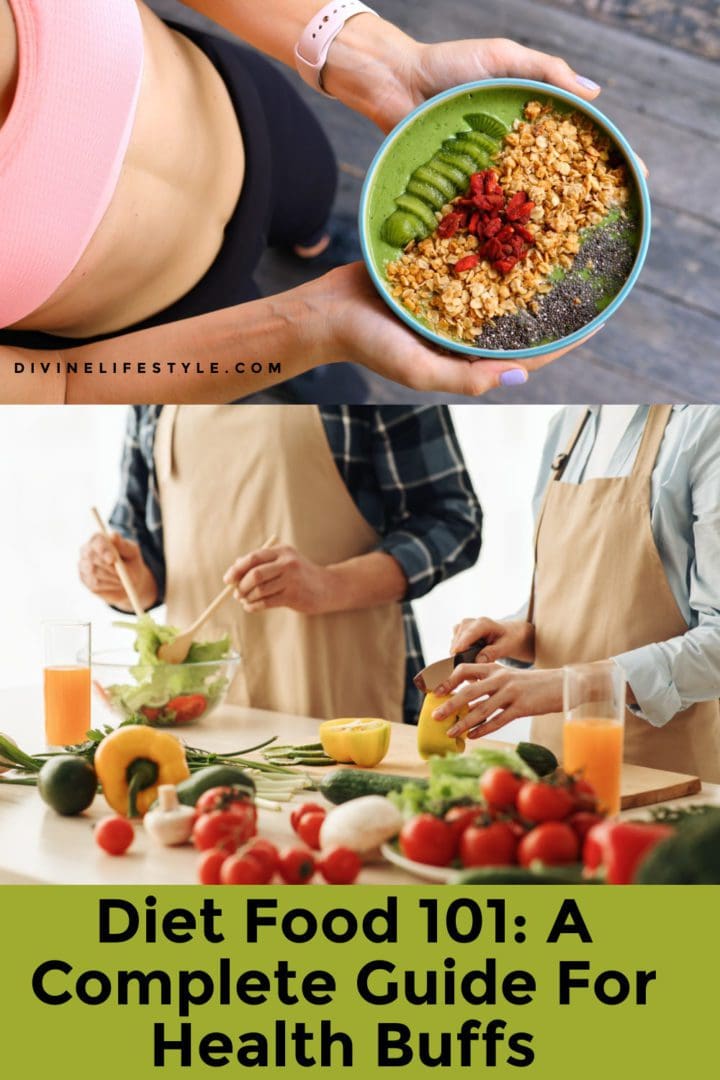
Amid all the various diets available today, nothing beats a healthy diet that may help you lose or manage your weight, prevent malnutrition, and protect you from non-communicable diseases. According to the World Health Organization (WHO), there are many elements to consider in a healthy diet, including a person’s activity levels, lifestyle, age, and gender. Be that as it may, the fundamental principles of a healthy diet remain the same for everybody, the said organization also stresses.
Diet Food 101: A Complete Guide For Health Buffs
Adults may eat the following as part of a healthy diet, per the guidelines set by the World Health Organization and the American Heart Association. The latter’s serving suggestions are based on an AHA’s Healthy US-Style Eating Pattern for 2,000 calories/day. (Please note that the calorie needs of an individual vary).
Whole Grains
Ideally, you should have three to six servings of unprocessed maize, millet oats, barley, brown rice, popcorn, or whole wheat bread daily. If you want it healthier, consider having homemade vegetarian ramen.
Fruits and Vegetables
When it comes to healthy greens and fruits, it’s best to consume at least 400 grams or five portions daily. This excludes potatoes, sweet potatoes, cassava, and other starchy roots. Fruits and vegetables ensure that you have enough fiber in your diet, as well as immune-system-boosting vitamins and minerals.
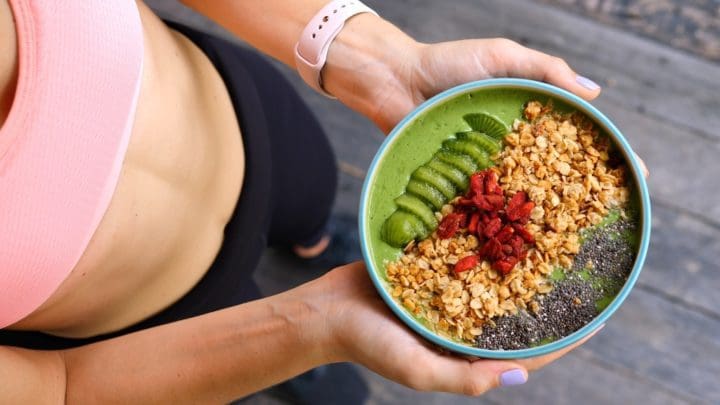
Free Sugar
About 50g or about 12 tablespoons for an individual whose calorie intake doesn’t exceed 2,000 per day. Your total energy intake from free sugars, or the sugars added in artificial fruit juices and sodas, should ideally comprise only 5% or 10%.
Unsaturated Fats
Unsaturated fats, which are sourced from plant and nut oils, also provide energy. They’re considered to be one of the healthiest sources of fats as they can reduce low-density lipoprotein (LDL) cholesterol levels while raising high LDL cholesterol levels. A proper diet should include unsaturated fats that contain only up to 30% of a person’s total energy source. Fish, avocado, olive, sunflower, and soybean oil are a few of the best sources of unsaturated fats. If you should use oils for your food, choose the healthier options, such as those mentioned above, and limit oil use to three tablespoons for the whole day.
Saturated Fats and Trans-fats
A healthy diet requires lower levels of saturated versus unsaturated fats – pegged at no more than 10% of your daily caloric requirement. The American Heart Association has even set a lower figure–6% maximum. That’s mainly because saturated fats are less nutritious than their counterparts. Consuming excessive amounts of saturated fats can cause a spike in LDL levels, increasing the risk of heart disease. Additionally, trans-fats, or artificial fats, should generally be avoided as they’re not good for your health.
Meat, coconut oil, dairy products, and processed meats, are the main sources of saturated fats. Trans fats, on the other hand, can be had from pre-packed cookies, pastries, kinds of margarine, and quick-cooking products. So, if you don’t have time to prepare your meal and are planning on eating out, choose diet food at restaurants so you can avoid chomping on trans-fat-filled food choices. Doing so will allow you to maintain your health.
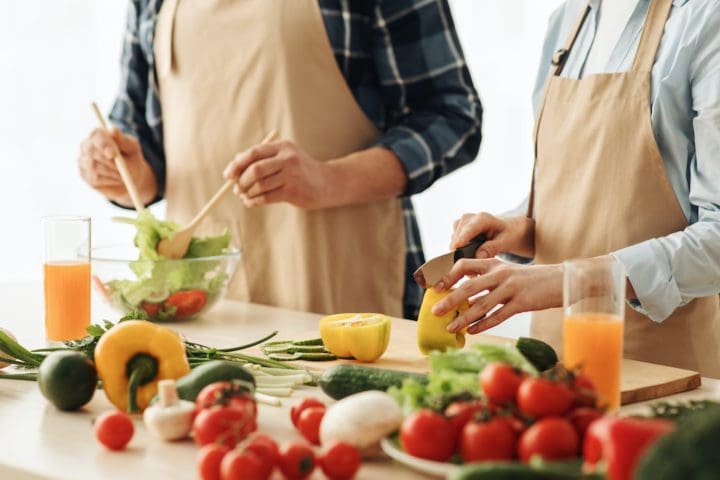 Proteins
Proteins
Your body needs protein for muscle production and repair or regeneration, among other purposes. The general rule for protein intake is 0.8 grams per kilogram of body weight. This requirement gets higher for pregnant women, athletes, and those recovering from an illness. You can take proteins that are at least 30% of your calorie intake. That’s 150 grams for every 2,000-calorie diet. Have eggs, fish, legumes, lean meat, nuts, seeds, and poultry for one or two servings per day.
Dairy products
Choose low-fat or fat-free milk, and take about three servings or cups per day.
Additional reminders
A healthy diet is all about making the right food choices. Try to practice the following to make sure you’re on the right track:
- Avoid excessive calorie intake by saying no to sugary drinks like soda
- Don’t go for preservative and chemical-laden processed foods and go for homemade edibles
- Always make sure you have a variety of foods on your plate
- Go for natural and organic foods as much as possible
The Most Healthy Foods
Now that you know the basics, we’re taking the subject of healthy eating further by giving you a rundown of some of the healthiest foods on the planet.
Fruits
Apples, berries, bananas, and avocados. These sweet and nutritious foods can be eaten immediately after washing. Apart from fiber, they’re also rich in antioxidants and packed with vitamins, most notably vitamin C.
Eggs
Since they can raise your high-density lipoprotein (HDL) levels, eating one to two eggs a day is recommended. HDL is also touted as good cholesterol.
Milk and dairy
Milk is teeming with vitamin B, potassium, calcium, and phosphorus. As an excellent source of protein, it can also help develop your muscles. Milk is also intrinsically moisturizing.
Cheese and yogurt are filled with nutrients, too. With the latter containing probiotics that promote gut health. A healthy gut is said to be linked to better health and overall well-being. A well-conditioned gut also boosts the immune system, regulates mood and digestion, as well as promotes better cardiovascular and neurologic functioning.
Nuts
Almond, chia, and Brazil nuts are a few of the healthiest nuts around. These nutrient-rich snacks are loaded with Vitamins B, E, zinc, as well as magnesium, among a host of other nutrients.
Vegetables
Asparagus, broccoli, carrots, and garlic are only a few of the veggies that should land on your plate (and tummy) daily. All types of vegetables, whether green, orange, red, or yellow, are packed with nutrients. Veggies are a great source of vitamins C and K, along with other anti-inflammatory properties and antioxidants.
Fish and seafood
Tuna, salmon, shellfish, and sardines are rich in vitamin B12 and essential fatty acids that may help combat serious diseases.
Grains
Oats, quinoa, and brown rice contain high levels of fiber, magnesium, and vitamin B1.
Meat
Unprocessed meat, such as lamb, chicken, and beef, is highly nutritious as long as you’re consuming them without the fat. Lean beef is a great source of iron, while chicken meat contains high protein levels. Lamb, meanwhile, boasts of high omega-3 fatty acids, which is an essential fat that’s more associated with fish.
Because of today’s fast-paced world, the importance of having home-cooked meals has been overshadowed by ready-to-eat meals and fast-food chains. These types of food are typically high in sugar, salt, saturated oils, and trans-fats, making them unhealthy and potentially damaging to our bodies. However, a well-balanced diet should be a priority if you want to stay healthy. Keep these guidelines in mind to help you make the right food choices. We hope that this Diet Food 101: A Complete Guide For Health Buffs post inspires you. Good luck!


 Proteins
Proteins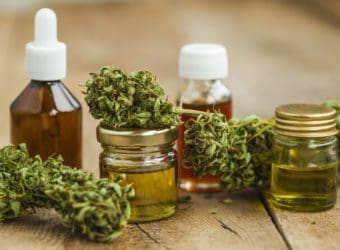

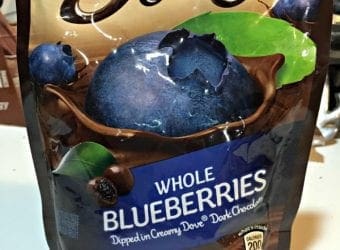


Pingback: Healing Naturally Positive Mindset Relaxation Techniques
Pingback: 5 Great Gifts for Your Fitness Enthusiast Friends Divine Lifestyle
Pingback: 4 Reasons CBD Has Become So Popular Cannabinoids Wellness